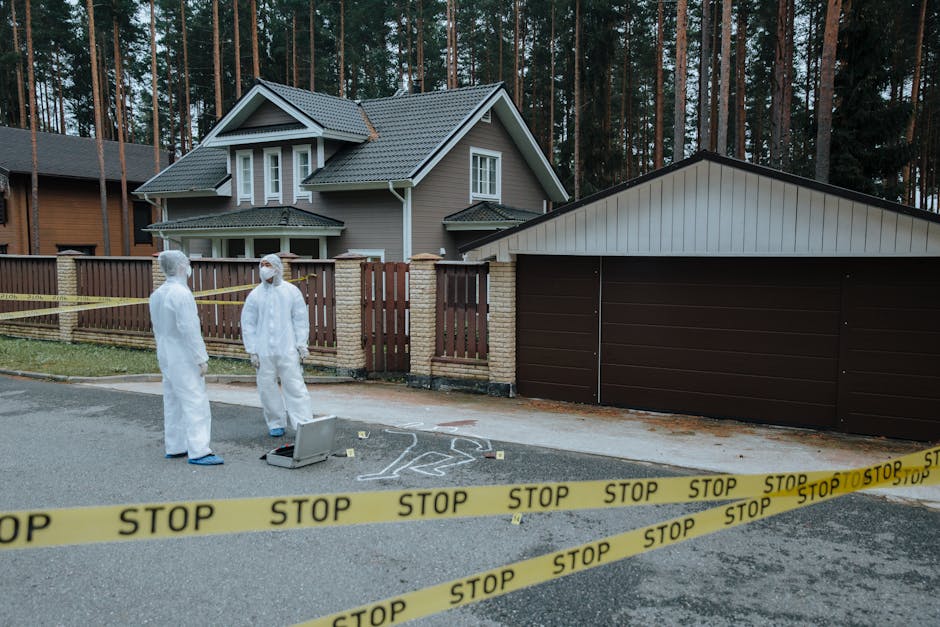Supreme Court Overturns Conviction in Coimbatore Rape-Murder Case
In a significant verdict, the Supreme Court of India has acquitted a man previously convicted for the rape and murder of an 85-year-old woman in Coimbatore, Tamil Nadu. The apex court cited the absence of forensic evidence and “serious doubts” in the prosecution’s case, overturning rulings by the trial court and Madras High Court.
Case Background: A Decade-Long Legal Battle
The case dates back to 2012, when the elderly victim was found dead in her home. The accused, a daily wage laborer, was convicted in 2016 and sentenced to life imprisonment—a decision upheld by the Madras High Court in 2018. Prosecutors relied on circumstantial evidence, including:
– The accused’s presence near the crime scene.
– Alleged recovery of stolen property.
However, the Supreme Court bench (Justices Hrishikesh Roy & Prashant Kumar Mishra) identified critical flaws in the case, leading to the acquittal.
Key Reasons for Acquittal
1. Lack of Forensic Evidence
- No DNA or fingerprints linked the accused to the crime.
- The prosecution failed to establish a forensic connection, a major lapse in a rape-murder case.
2. Inconsistent Witness Testimonies
- Witnesses gave contradictory statements about the accused’s whereabouts.
- Recovery of stolen items was deemed unreliable due to procedural errors.
3. No Clear Motive Established
- The prosecution could not provide a credible motive for the crime.
The SC emphasized:
“Without concrete forensic proof, circumstantial evidence alone cannot justify a conviction.”
Legal Precedent: Protecting the Innocent
The judgment reinforces a core principle of Indian criminal law:
“Better that ten guilty escape than one innocent suffer.”
It aligns with precedents like Sidhartha Vashisht v. State (NCT of Delhi), where courts stressed that circumstantial evidence must unmistakably point to guilt.
Senior Advocate Rebecca John praised the ruling:
“This exposes the risks of weak forensic investigations. Justice delayed is better than justice denied.”
Human Impact: Lives Forever Changed
- For the Acquitted Man: After 10+ years in prison, he walks free—but trauma remains. His family, who fought for his innocence, expressed relief but grief over lost years.
- For the Victim’s Family: The verdict brings no closure. The grandson lamented: “Who killed our grandmother?”
Lessons for India’s Justice System
The case highlights urgent reforms needed:
✔ Mandatory forensic audits in rape/murder cases.
✔ Stricter scrutiny of witness testimonies.
✔ Faster appeals processes to prevent prolonged injustice.
This ruling is a warning against rushed convictions and a call for evidence-based investigations.
For more legal updates, follow NextMinuteNews.




